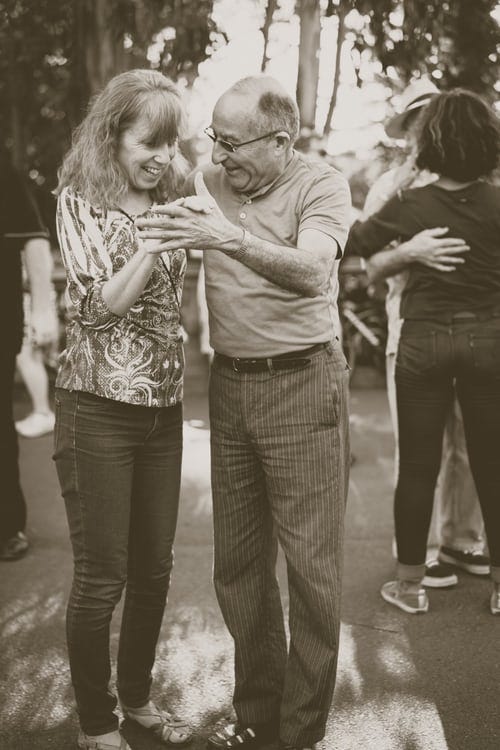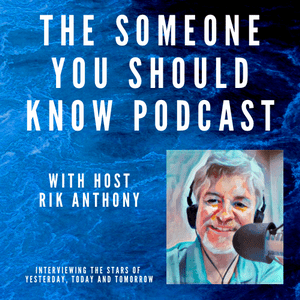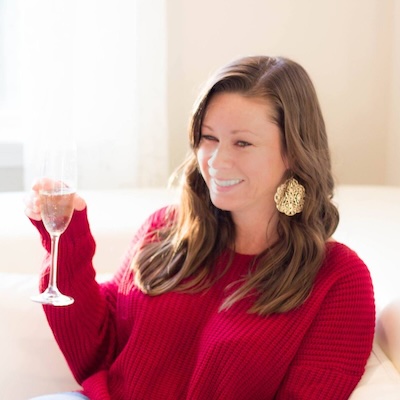Maybe You Need Younger Friends
Photo by John Moeses Bauan on Unsplash
[Note to subscribers: While I am on a brief vacation, I am reposting a past column. Don’t worry: the summer rerun season at The EndGame is short.]
My mother-in-law is amazing. Helen turned 90 in December. Thanks to her training as a professional ballerina and her addiction to daily movement, she is remarkably fit. She lives in a senior living community, but she hasn’t developed many close friendships there. “They’re not interested in things I like to do – music and art and dance,” she says.
For those activities, she can turn to a large circle of younger friends – people in their 50s and 60s, mostly – whom she has known for many years and who happily include her on trips to concerts, the ballet, plays, and restaurants. “I have amazing, lovely friends,” she says. “A couple of them always call to check in on me and see how I’m doing.”
Many of her friends are people she met when she first moved to Cincinnati in the mid-1970s. Looking for ways to integrate into her new hometown, she taught dance in a community center and in private studios. She counts a number of former students among her current friends. “Teaching kept me connected with people who were vital, who loved doing what they were doing,” she says. “That connection meant everything to me. I was new to the city, and they helped me get acquainted.”
As age begins to put limits on what we can do – whether it’s driving at night or taking long walks – its great to have friends who can help us out. Friendships don’t just happen; they require steady investments of time and attention. As with other investments, the best time to start is 20 years ago. But the second-best time is now.
Late-Stage Helenism
Making younger friends and staying connected to them has paid off handsomely for Helen. It is a coping strategy I have offered to label Late-Stage Helenism, in her honor. However, some sociologists got there first and have slapped on it the label “multigenerationalism,” which is far harder to spell but more likely to stick.
These sociologists see America as a society segregated by age as much as, if not more than, segregated by race. They say it is an unhealthy development for all concerned. Elders are blocked from nurturing a younger generation, an activity that is important to their happiness and sense of purpose. Separated and warehoused out of sight and out of mind, they are treated as superfluous beings long past their sell-by dates. Meanwhile the young, who have little contact with elders, also have little regard for them and dismiss them as having no useful talents or experiences to offer them.
A fledgling movement has taken on the ambitious agenda of bridging this generational gap. One of its leaders is Marc Freedman, CEO of Encore.org and author of several books on the topic. His most recent is How to Live Forever: The Enduring Power of Connecting the Generations. Another key player is The Eisner Foundation, the only U.S. foundation Investing exclusively in intergenerational solutions.
This spring Encore.org and The Eisner Foundation partnered with the Stanford Social Innovation Review to publish a series of essays called “Meeting the Multigenerational Moment.” Topics have included a number of innovative ideas: Raising foster children in multigenerational communities, intergenerational classroom support, age integration in higher Education, co-locating childcare and eldercare programs, tackling the housing crisis through home-sharing, and solving the loneliness epidemic. You can find the essays at https://ssir.org/meeting_the_multigenerational_moment.
Who Wants Age Segregation?
While their movement hurls its slings and arrows at the long-term trends of American society, let us not forget that the vast majority of older Americans don’t particularly care for age segregation either. It wasn’t our idea.
As my mother-in-law puts it, “It’s discouraging to live in a place like this where everyone has a walker. I don’t like to be around older people.”
We’re also not convinced that our useful days are past. We’re not superfluous. We still have more to do.


























